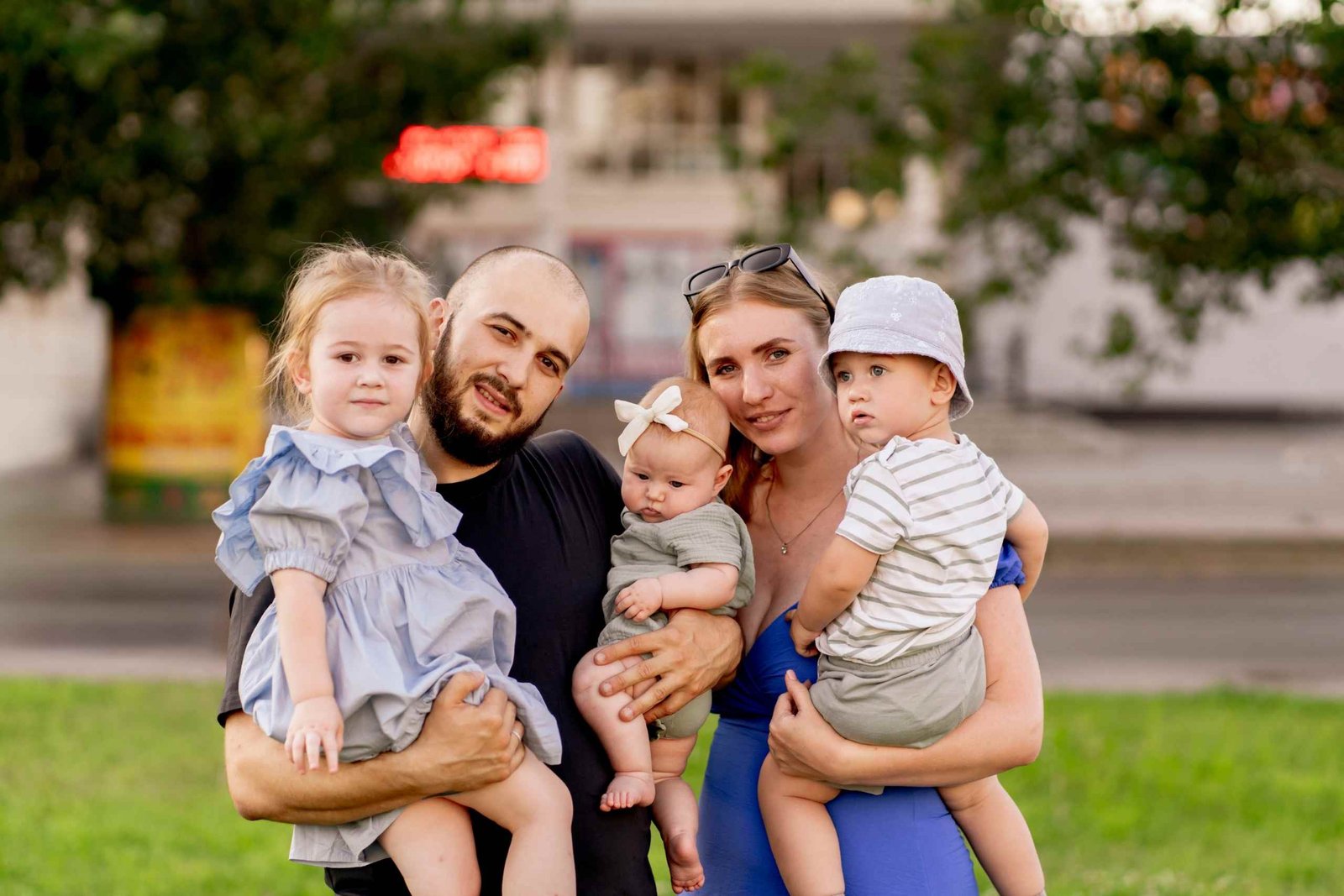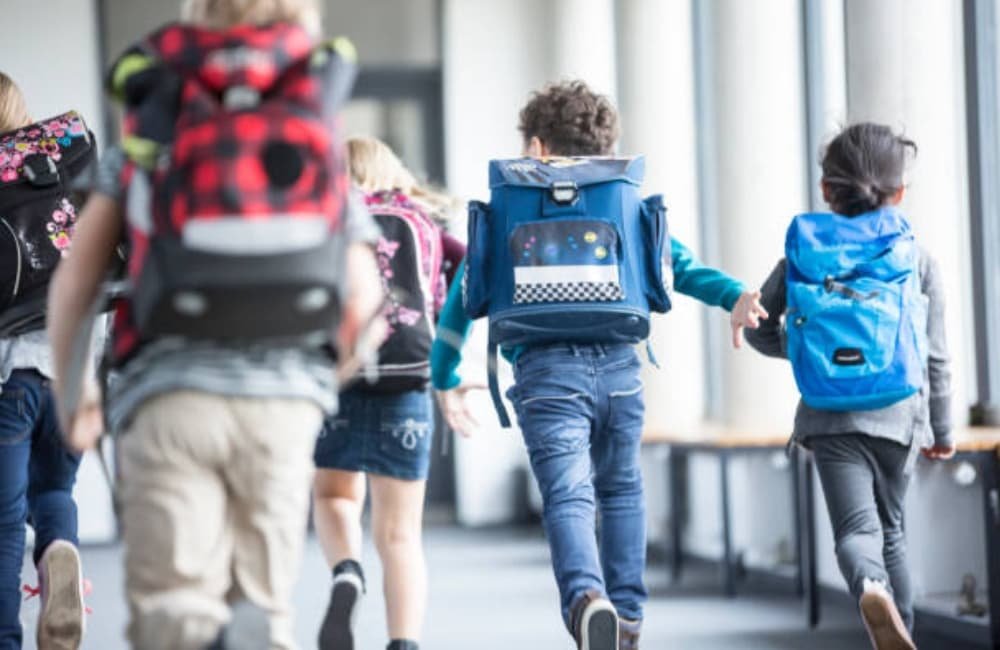Preparing for the Future: What Responsible Parenting Looks Like Today

Parenting in the modern age is an evolving challenge, shaped by rapid technological advancement, shifting societal norms, and growing financial pressures. Today’s parents are not just caregivers; they are mentors, educators, emotional anchors, and role models. As families navigate the increasingly complex world around them, the concept of responsible parenting takes on new dimensions. It demands foresight, adaptability, and an unwavering commitment to a child’s long-term well-being—not just emotionally and physically but financially and morally as well.
Modern parenting isn’t simply about providing the basics of food, clothing, and shelter. It involves preparing children for a future that will likely be very different from the world their parents knew. Whether it’s teaching digital literacy, cultivating empathy, or fostering independence, responsible parenting today must anticipate what lies ahead.
Financial Clarity: Managing Money with Long-Term Vision
Raising children has always required a financial foundation, but today’s economic realities have made money management a core pillar of responsible parenting. Parents now contend with rising education costs, housing instability, healthcare expenses, and uncertain job markets. The pressure to provide security while planning for future needs has never been higher.
A key responsibility lies in managing household debt wisely. While credit and loans are often unavoidable—whether for medical emergencies, education, or mortgage payments—how they’re managed sends a powerful message to children. Financial literacy begins at home, and children internalize money habits from a young age. Parents who exhibit responsible financial behavior model discipline, patience, and planning. This includes paying bills on time, avoiding impulsive borrowing, and maintaining a balanced budget.
When debts become overwhelming, solutions that promote financial stability should be explored not only for immediate relief but also to set a long-term example of problem-solving and responsibility. One such solution is debt consolidation, a method that streamlines multiple liabilities into a single, more manageable payment plan. This approach, when implemented wisely, can reduce stress and restore focus to future goals such as saving for college or building an emergency fund. Ultimately, it reinforces the idea that responsible choices today can lead to greater freedom and stability tomorrow.
The Emotional Blueprint: Building Resilience and Empathy
Children growing up in today’s world must grapple with a host of emotional complexities—from digital overstimulation and social media pressures to global anxieties like climate change and economic uncertainty. Responsible parenting means helping children develop not just emotional intelligence but also resilience—the ability to navigate hardship without losing hope or direction.
This requires consistent, nurturing communication. Children need to feel heard, validated, and safe in expressing their emotions. This emotional openness strengthens their confidence and mental health. Parents who are attuned to their children’s emotional states can spot early signs of distress, anxiety, or behavioral changes. More importantly, they teach their children that emotional expression is a strength, not a weakness.
Empathy plays an equally critical role. Children who understand and respect the feelings of others are better prepared to form healthy relationships, resolve conflicts, and thrive in diverse environments. Responsible parents model empathy through their behavior—by listening without judgment, treating others with kindness, and standing up for what’s right. These daily acts form the emotional architecture of a child’s character.
Teaching Accountability Through Daily Practice
Responsibility is best learned through practice. Modern parenting emphasizes active involvement in shaping a child’s behavior, not through control or fear, but through consistent boundaries and natural consequences. When children understand that their actions have outcomes—both good and bad—they begin to develop a personal code of accountability.
Chores, schoolwork, time management, and even interpersonal conflicts provide fertile ground for this teaching. A child who learns to own up to mistakes, apologize when necessary, and follow through on commitments is being equipped for adulthood. This kind of learning doesn’t happen overnight, nor can it be forced through punishment alone. It stems from routine, discussion, and examples.
Digital Literacy and Conscious Screen Time
Technology has become an inseparable part of daily life. From education to entertainment, children are exposed to digital content earlier than ever. Responsible parenting now includes the daunting task of guiding children through the digital world in a manner that promotes safety, creativity, and critical thinking.
This involves more than setting screen time limits. Parents must teach children how to assess the credibility of online information, understand the implications of digital footprints, and manage online interactions responsibly. Cyberbullying, privacy breaches, and addictive content are real threats. Empowering children to navigate these challenges requires active parental engagement, ongoing conversations, and, sometimes, learning alongside them.
Instilling Values That Withstand Time
While the specifics of society evolve, certain values remain timeless—honesty, kindness, responsibility, humility, and courage. These values serve as a compass that children can rely on when faced with moral ambiguity or peer pressure. Responsible parenting involves instilling these principles not through lectures but through consistent behavior and open discussions.
Whether it’s discussing real-world events, resolving family conflicts with integrity, or choosing compassion over retaliation, every action taken in a child’s presence becomes part of their moral education. Parents who consistently align their actions with their words create a stable framework that children can internalize.
Fostering Independence While Maintaining Connection
As children grow, so does their need for autonomy. Responsible parenting does not seek to control every decision but to empower children to make informed choices. This gradual release of control must be paired with continued emotional availability.
Allowing children to take risks—within safe boundaries—builds confidence. It shows them that their parents trust them, which in turn helps them trust themselves. Whether it’s managing their own schedules, pursuing hobbies independently, or handling interpersonal issues without parental intervention, each experience becomes a step toward self-reliance.

Aashley Kai is the Editorial Director of Chelsea Famous Parenting and a licensed expert in early childhood education. She holds a Master’s in Child Psychology from the University of Texas Southwestern Medical Center and has worked as a preschool teacher and child therapist. Since joining in 2024, Aashley has been dedicated to creating well-researched, trustworthy parenting resources. Her work helps parents and caregivers foster nurturing, educational environments for children. Outside of work, she enjoys hiking and photography, capturing nature from a child’s perspective.





